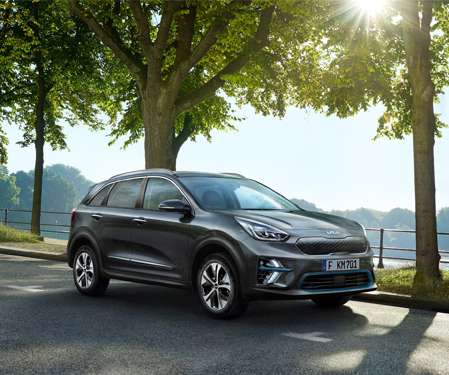Study finds that replacement programs that reduce vehicle lifetime can result in increased lifecycle CO2 emissions
Green Car Congress
FEBRUARY 1, 2011
Extending, not shortening, the lifetime of a vehicle helps to reduce life-cycle CO 2 emissions throughout the supply chain, according to a new study based on a case study of Japanese vehicle use during the 1990-2000 period published in the ACS journal Environmental Science & Technology. Credit: ACS, Kagawa et al. Click to enlarge.











Let's personalize your content